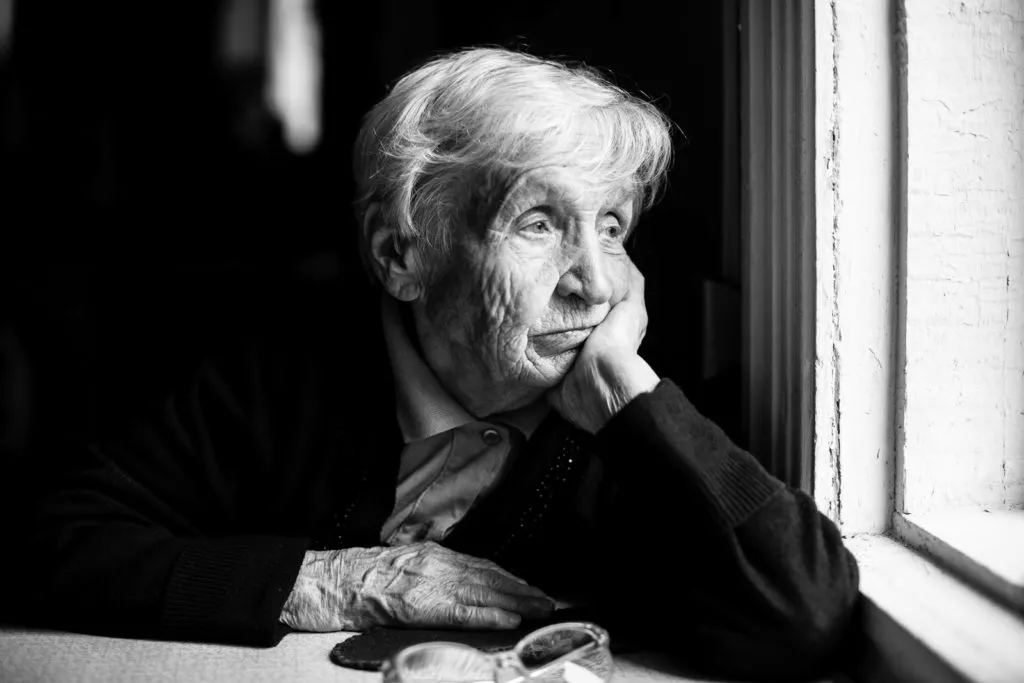Hey Everyone!!
Growing old is a reality no one can escape. It’s a slow, silent journey that most of us don’t notice until it starts to hurt — not just physically, but emotionally too. In youth, the body is your companion, your tool, your pride. It listens to you, moves when you say move, runs, lifts, dances, and carries you through every dream, goal, and challenge. The mind stays sharp, plans ahead, solves problems, and holds memories clearly like pages in a book. But time has its own way of writing new chapters, and as the years pass, the body that once felt limitless begins to show signs of wear.
At first, it’s subtle — a joint that aches more than usual, eyesight that isn’t as clear, or breath that shortens faster than before. But slowly, your own body starts becoming something you need help managing. The same legs that ran freely now tremble even when standing. The hands that once held your child firmly now struggle to open a jar or hold a spoon without shaking. The memory, once sharp and proud, begins to blur, and names, faces, or dates start slipping away like sand through fingers.
What hurts the most isn’t just the physical limitations — it’s the realization that you’re no longer as independent as you once were. You begin to rely on others for things you’ve done your whole life: climbing stairs, taking a walk, remembering your medicine, or even going to the bathroom. It’s not just humbling — it’s painful. There’s a silent grief in watching yourself fade from being someone others leaned on to someone who now needs support.
Growing old also brings loneliness. As years pass, friends depart, loved ones move away or get caught up in their own lives. The phone rings less often, and the house feels quieter. You may be surrounded by people, yet feel invisible. You have wisdom, stories, and experience, but sometimes feel like no one wants to hear them anymore. The world moves fast, and when you're old, it often feels like it’s racing past you while you're standing still.
Emotionally, there’s the pain of being forgotten, or worse, treated like a burden. Society often sees old age as a phase of decline rather than a chapter of value. But behind every wrinkled face is a life lived fully — with love, struggle, laughter, and lessons. An elderly person is not just someone who needs help; they are someone who gave their strength, their youth, their time, and their dreams to build families, careers, and communities.
It’s a cruel twist of life that after giving your best years to others, the last ones are often spent depending on someone else. But this truth also holds a quiet beauty. It reminds us of our shared humanity — that no matter how strong, wealthy, or successful we become, we all return to needing care, compassion, and patience.
The pain of growing old is real, but it also teaches deep lessons. It shows the importance of kindness, the need to slow down, and the power of small moments — a warm cup of tea, a kind word, a hand to hold. And for the younger generations, it’s a reminder to value time, to love more deeply, and to honor the elderly not for what they can do now, but for everything they once did.
To grow old is to slowly surrender control — to trust, to let go, and to be at peace with the changing tides of life. While the body may no longer obey the mind like it once did, the soul still carries the strength of a lifetime. And even in stillness, there is dignity. Even in silence, there is wisdom. Even in the pain of growing old, there is the quiet grace of having lived.

TᕼᗩᑎK YOᑌ😊
ꜰᴏʀ ᴛᴀᴋɪɴɢ ᴛʜᴇ ᴛɪᴍᴇ ᴛᴏ ʀᴇᴀᴅ ᴍʏ ʙʟᴏɢꜱ!
ʜᴀᴠᴇ ᴀ ᴡᴏɴᴅᴇʀꜰᴜʟ ᴅᴀʏ🌞

